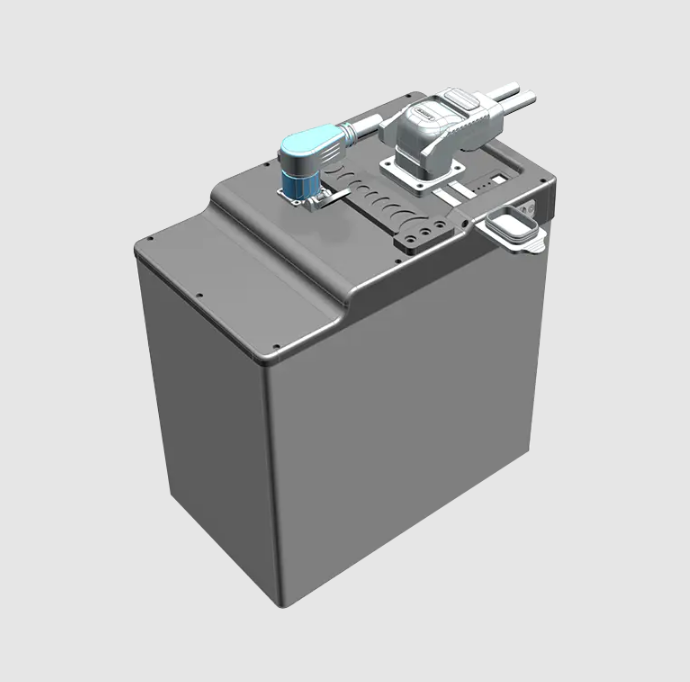Cylindrical cell modules play a critical role in advancing energy storage solutions for both consumer and industrial applications. These modules, composed of cylindrical cells, are at the heart of numerous modern technologies, from electric vehicles (EVs) to renewable energy systems. They provide a reliable and scalable solution for storing electrical energy, enabling a wide range of devices to operate effectively.
The design of cylindrical cell modules allows for high energy density in a compact form, making them ideal for portable applications where space is limited. For instance, electric vehicles depend on cylindrical cells to offer a balance between performance and size. The modularity of these cells means that they can be easily scaled up or down to meet specific energy needs, whether for a small handheld device or a large battery bank for grid storage.
One of the main advantages of cylindrical cell modules is their effective heat management. The cylindrical shape aids in the even distribution of heat, preventing overheating and ensuring consistent performance over time. This makes them particularly suitable for applications with high discharge and recharge cycles, such as electric vehicles, where thermal stability is crucial for safety and efficiency.
Cylindrical cell modules also provide the flexibility needed in various applications due to their standard size and configuration. They can be combined in multiple ways, which allows for customization based on voltage and capacity requirements. This flexibility makes them versatile, whether in consumer electronics or large-scale renewable energy systems.
In conclusion, cylindrical cell modules are indispensable in modern energy storage solutions, offering compactness, efficiency, and flexibility across a wide range of industries.
